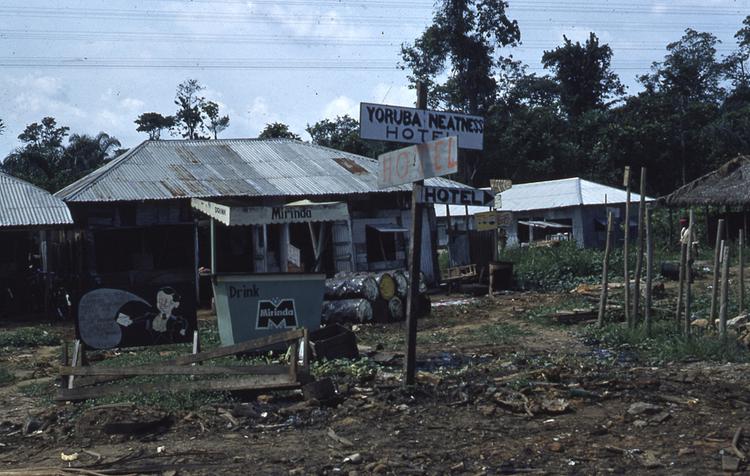
Community Commentary by Akinwale Fadoju within research project: 'Rethinking Relationships and Building Trust around African Collections' 2021
This photograph shows a building and a signpost that reads Yoruba Neatness Hotel. There are also logs of wood found in the picture which shows that it is close to a sawmill site. The photograph was taken in Sapele which, in the sixties when this photograph was taken, used to be a major trading town.
The hotel in the photograph is probably a traveller’s hotel owned by a Yoruba or probably caters to itinerant traders or workers from Yorubaland.
Uriapele, its original name, was changed to Sapele by colonial authorities who found it difficult to pronounce.
The town has been popular as a lumbering town since 1925. Commercial trees such as obeche, abura, mahogany, and the eponymously named sapele was found in large quantities and processed there.
The surrounding forest of Sapele town is predominantly made up of Entandrophragma cylindricum, a tree popularly called Sapele Mahogany.
Its plywood and veneer manufacturing plant is among the largest in western Africa. African Timber and Plywood (AT&P), a division of United Africa Company, established a factory at Sapele, where Obeche, mahogany, abura, khaya, and Sapele trees were processed into timber which was then exported from the Port of Sapele to major cities worldwide. Sapele’s African Timber and Plywood (AT&P) was among the largest timber manufacturing complex in the world and it was the town's largest employer with an estimated 6000 employees.
Sapele was also known for its vast rubber plantations and rubber processing factories. In the 1960s industrial factories for making plastics, shoes, tiles and chemicals began to set up in Sapele.
Sapele was also a major agricultural produce market centre; people came from far and near to trade in cassava, fish, palm oil and kernels, yams, and plantains.
Being a port city and with the flourishing trade in timber and other economic goods, Sapele attracted people from every part of the country and this accounted for the cosmopolitan nature of the town.
Sapele water also called Ogogoro, regarded as Nigeria’s homebrew, is commonly brewed by Sapele’s townspeople.



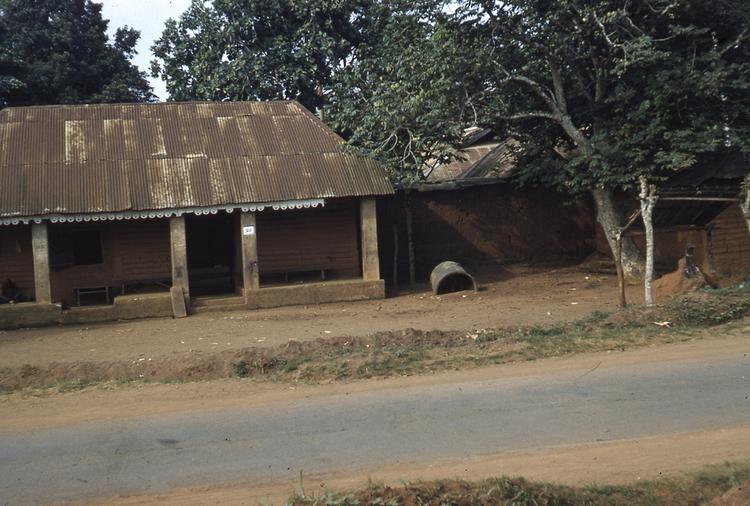
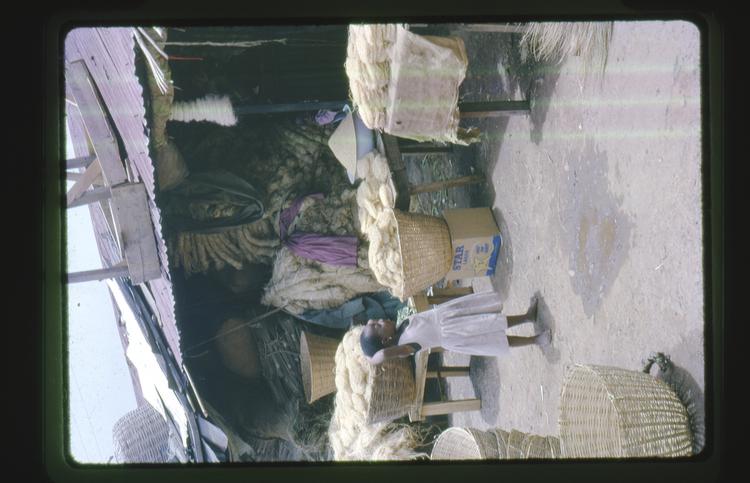
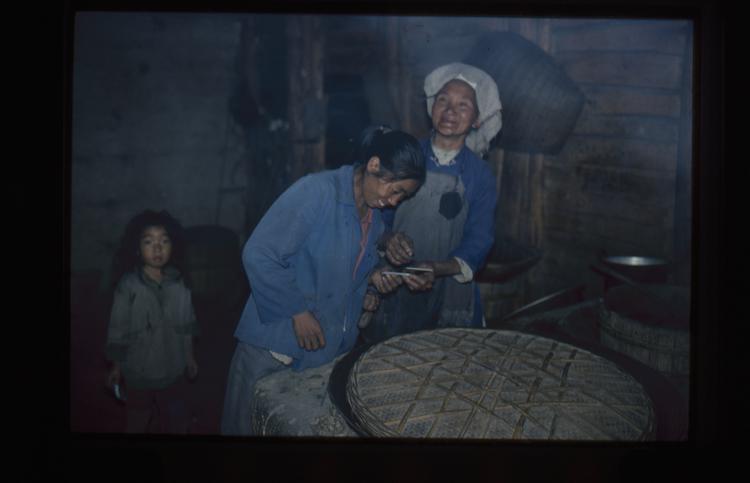
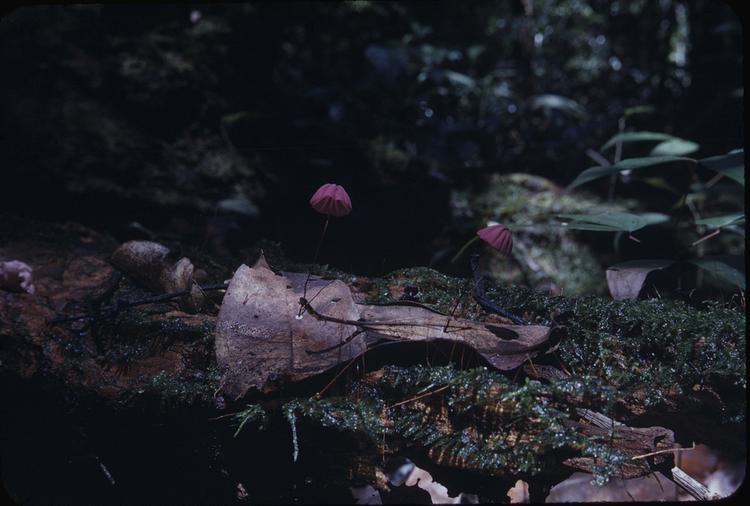
Community Commentary